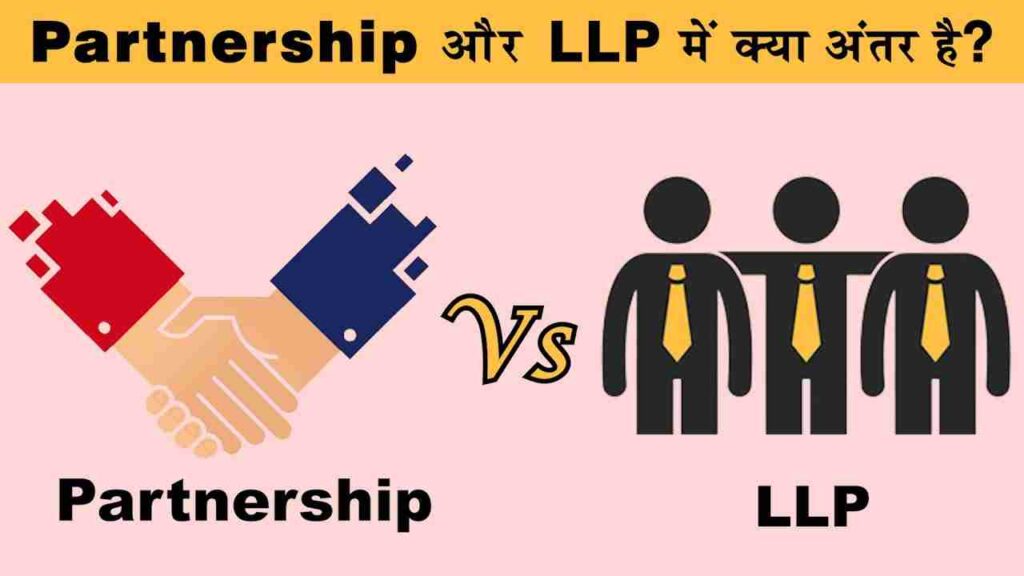
Understand the Ten Difference between LLP and partnership
Welcome, my curious reader! Today, let’s unravel the captivating world of business structures as we explore the nuanced difference between a Limited Liability Partnership (LLP) and a traditional partnership. Prepare for a journey of knowledge and discovery!
Difference between LLP and partnership
The business structures Limited Liability Partnership (LLP) and Partnership are frequently employed by small and medium-sized businesses. Both an LLP and a partnership are legal entities where two or more people come together to conduct business, but they differ greatly from one another. Ten differences between an LLP and a partnership are listed below:
Liability: The main distinction between an LLP and a partnership is that an LLP provides its partners with limited liability protection. Unlike a partnership, where each partner is personally liable for the debts and obligations of the business, an LLP does not subject each partner to such liability.
Legal status: Unlike a partnership, which is not a separate legal entity from its partners, an LLP is a separate legal entity.
Registration: While partnerships do not require registration, LLPs must do so with the Registrar of Companies.
Maximum partners: The maximum number of partners for a partnership is 20, whereas there is no such cap for an LLP.
Management: In an LLP, there may be designated partners who are in charge of running the company, as opposed to partnerships where the partners themselves manage the partnership.
Name: Unlike a partnership, which can have any name, an LLP must contain the words “Limited Liability Partnership” or “LLP” in its name.
Audit: Partnerships are not required to have their accounts audited, but LLPs must do so if their turnover exceeds a certain threshold.
Also Read: Understand the 10 Key Difference between herbs and shrubs
Taxation: Partnerships are taxed as a partnership firm, whereas LLPs are taxed as a separate legal entity.
Perpetual succession: LLPs can continue to exist even after a partner passes away or retires, in contrast to partnerships, which can be dissolved when a partner passes away or retires.
Cost: Setting up and maintaining an LLP is more expensive than doing so for a partnership.
The choice of business structure depends on the needs and requirements of the business. Both LLP and Partnership have their own benefits and drawbacks. Although an LLP has perpetual succession and offers limited liability protection to its partners, it is more expensive to set up and maintain. A partnership, on the other hand, is simpler and less expensive to form, but the partners are personally responsible for the debts and obligations of the company.